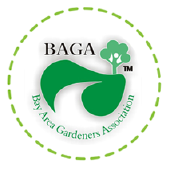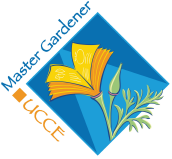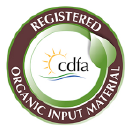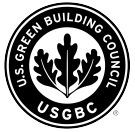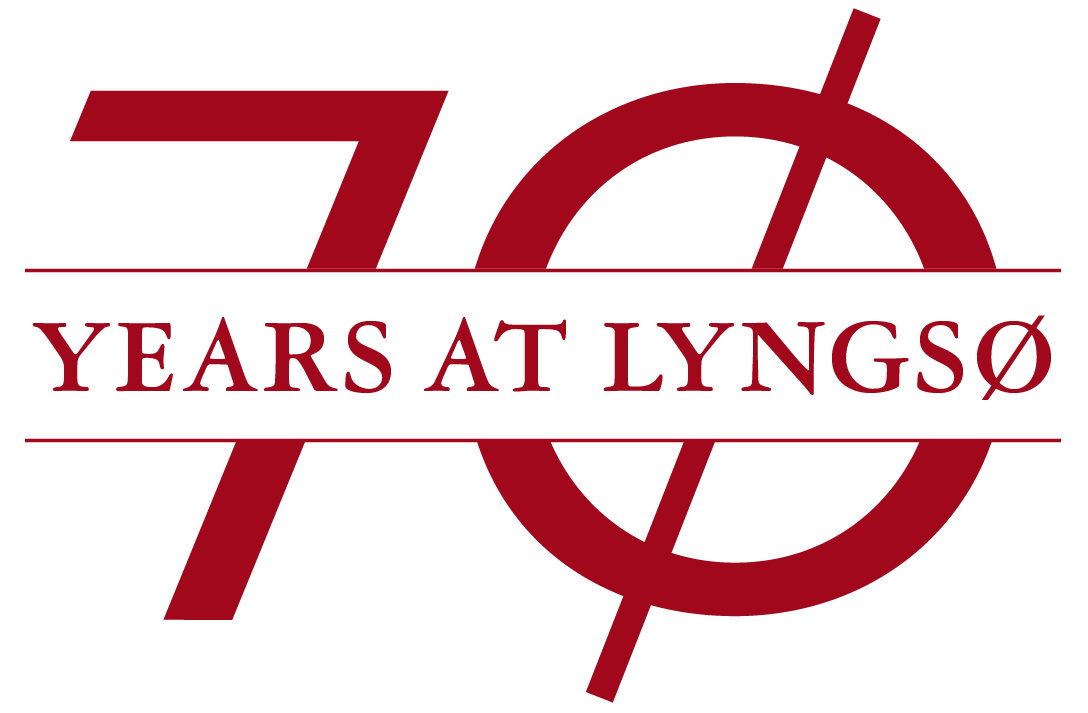First, let’s look at what healthy soil does by looking at its five essential functions:
- Soil is a medium in which plants can grow. Soil contains pores that allow oxygen and carbon dioxide to enter and escape, as well as absorb water and nutrients, to support life. With the proper mix of sand, silt, and clay, healthy soil offers aeration, nutrients, water, and physical support.
- It is a habitat for organisms. Microorganisms (such as bacteria, protists, fungi), worms, insects, reptiles, and mammals live within soil.
- Healthy soil recycles nutrients and organic wastes. Soil acts as nature’s recycling system by decomposing organic matter into humus. The nutrients released during humus formation are then converted into usable forms for plants and other organisms.
- Soil helps manage water supply and purification. Rainwater infiltrated into soil can either be used by vegetation or enter into aquifers. Beyond physical filtration as water seeps through soil layers, important biota will help transform and decompose certain chemicals and other contaminants from soil, thus acting as a water filter.
- Soil functions as a landscaping and engineering medium. The construction of foundations, roadbeds, dams, and buildings rely on soil, as does plant roots, although the soil compositions.
Soil Texture vs Soil Structure
Second, it is important to distinguish between the soil texture and soil structure. Texture refers to the relative properties of sand, silt, and clay in a given soil. You can determine those levels by testing your soil. In order to improve texture, you’ll want to add what your soil lacks and subtract what your soil has in excess. Read more about that within Tips on Modifying Your California Soil with Amendments.
Structure, however, describes the arrangement or the way in which soil’s soil parts come together to create porous space. It is determined by how individual soil granules bind together, clump, and aggregate. Watch How to Improve Your Soil for more on soil structure.
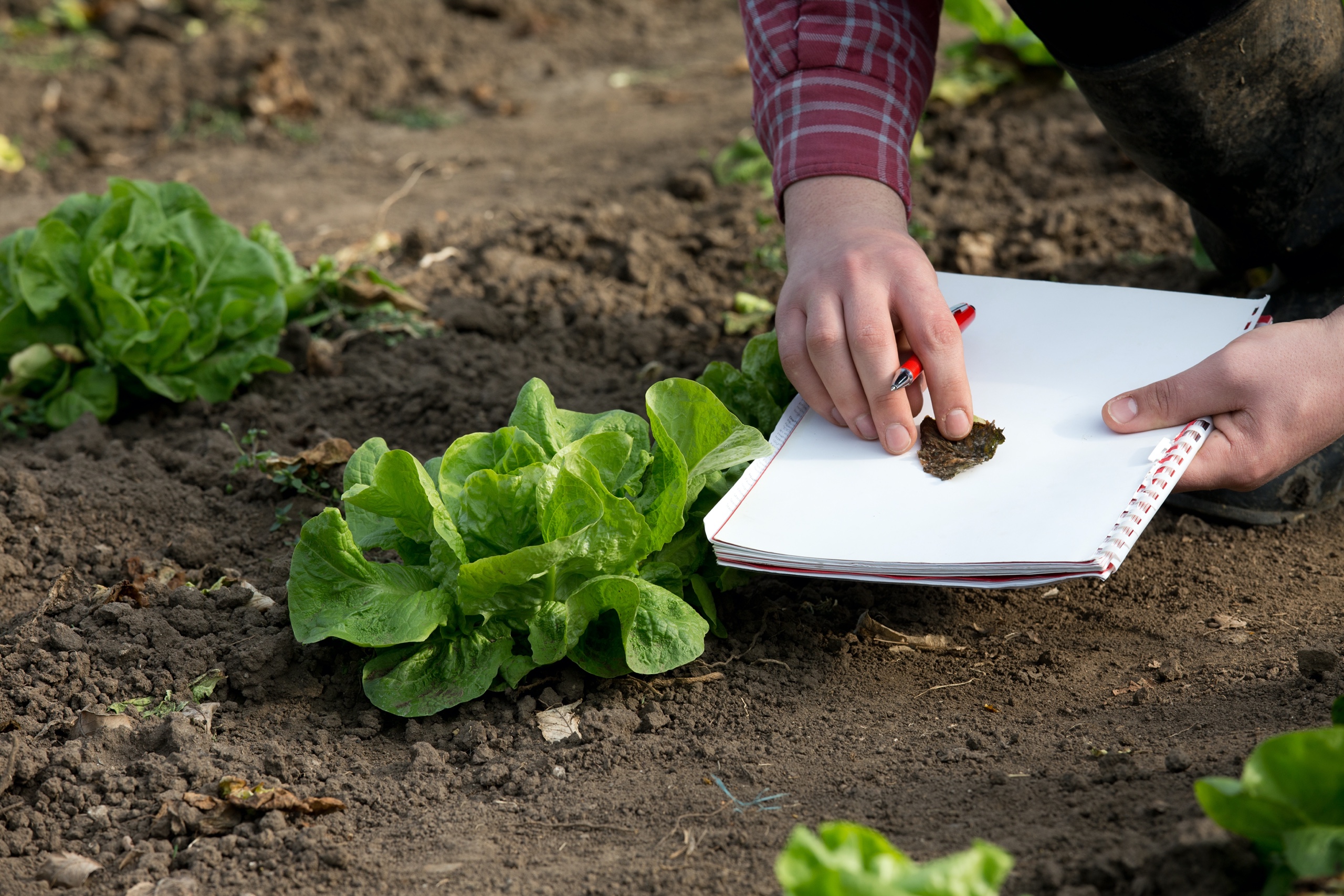
Get To Know Your Soil By Testing It
Next, to fully understand what types of soil amendments, composts, fertilizers, and mulches your soil needs, you want to start by testing your California soil. This will reveal things like soil texture, pH, nutrients, and organic matter.
Ideally, your soil will have the following characteristics:
- Supports adequate levels of nutrients
- Included high levels of decomposed organic matter
- Optimises water entry, storage, and supply
- Contains low levels of toxic compounds
- Is resilient to degradation and unfavorable conditions
- Has good tilth that allows plant roots to easily penetrate
- Encompasses a large population of beneficial organisms
For an in-depth education, watch Getting to Know Your Soil Part 1 & Getting to Know Your Soil Part 2.
Ways in Which You Can Feed Your Soil
Soil amendments, compost, and organic fertilizers all offer your soil varying components that it may need in order to reach its greatest potential. Learn more about what each provides so that you can determine which is best to use with your soil.
Soil Amendments
What is a soil amendment? Soil amendments are materials you add to your soil to improve physical properties such as water retention, permeability, water infiltration, and drainage. Some examples of the best soil amendments include the ¼” – Fir Amendment which is excellent for potting mixes and acid-loving plants. Another popular product is the Redwood Sawdust which helps break up clay and aerate compacted soil. The Organic Amendment Mix is a mixture of both Redwood Sawdust and Garden Compost and is excellent to amend native clay soil.
Find more organic soil amendments that will balance your sandy and/or clay California soil at Lyngso garden supplies.
Compost
Compost is decomposed organic matter that is rich in nutrients and often a coarse, dark brown, peat-like material. Adding compost to your soil improves the overall structure and texture. It increases the capacity to hold water in sandy soils, and enhances drainage in heavy clay soils. It also attracts earthworms that help aerate the soil and beneficial microbiology that helps convert material into molecules and elements that plants can more easily absorb.
Organic Green Waste Garden Compost is a rich amendment that is especially good for improving soils that are too sandy and drain too fast as well as to amend clay soil. It is a popular product within California along the coast, such as the Bay Area.
If you want to learn more about The Pros and Cons of Various Types of Compost As They Relate to Your Plant Growing Goals use the attached link.
Organic Fertilizers
Organic fertilizers were created to make up for soil deficiencies so that plants can grow in less than ideal circumstances. Most fertilizers are composed of nitrogen (N), phosphorus (P) and potassium (K) which provide different nutrients. It’s important to test your soil’s pH levels prior to applying fertilizers so that you know exactly what your soil needs.
Compost Tea
Although a liquid concentrate, Compost Tea contains all the beneficial microbial components of compost. These living microbes fuel a number of functions, including: nutrient cycling break-down and reuse of organic sources of plant nutrition; the formation of soil aggregates, which improve soil structure; increased soil porosity, which improves aeration and water retention; degradation of pollutants; and pH buffering.
Bu’s Brew Dynamic Compost Tea is phenomenal for stimulating root growth and mitigating transplant shock. It has billions of microbes in addition to all of the major and minor nutrients and trace minerals.
Protect Your Soil with Mulch
When thinking about protecting your soil, your go-to should be 100% mulch—which is just a generic term for a ground cover that protects the soil. Organic and natural mulch helps with moisture retention, weed prevention, and water loss due to surface evaporation. Covering your landscape with at least 1″ of mulch helps provide the soil with much-needed protection from natural weathering elements. Plus, the mulch will decompose over time, providing carbon matter and feeding your soil.
With several mulches to choose from you can match your garden aesthetics while providing the protection it needs. An attractive and popular example is Mini Mulch Fir Bark, which decomposes faster than larger mulch and turns into an organic soil amendment so you get the best of both worlds, protection and the improvement of your soil’s physical properties.
Your California Go-To for Garden and Landscaping Supplies
At Lyngso, soil science is our passion and providing our community with the best resources is our goal. Join one of our clinics or events in person to get more in-depth knowledge first hand or contact us so that we can help with your specific gardening needs. With more than 60 years of experience, we would love to be your go-to guide for obtaining and maintaining healthy, quality soil.







